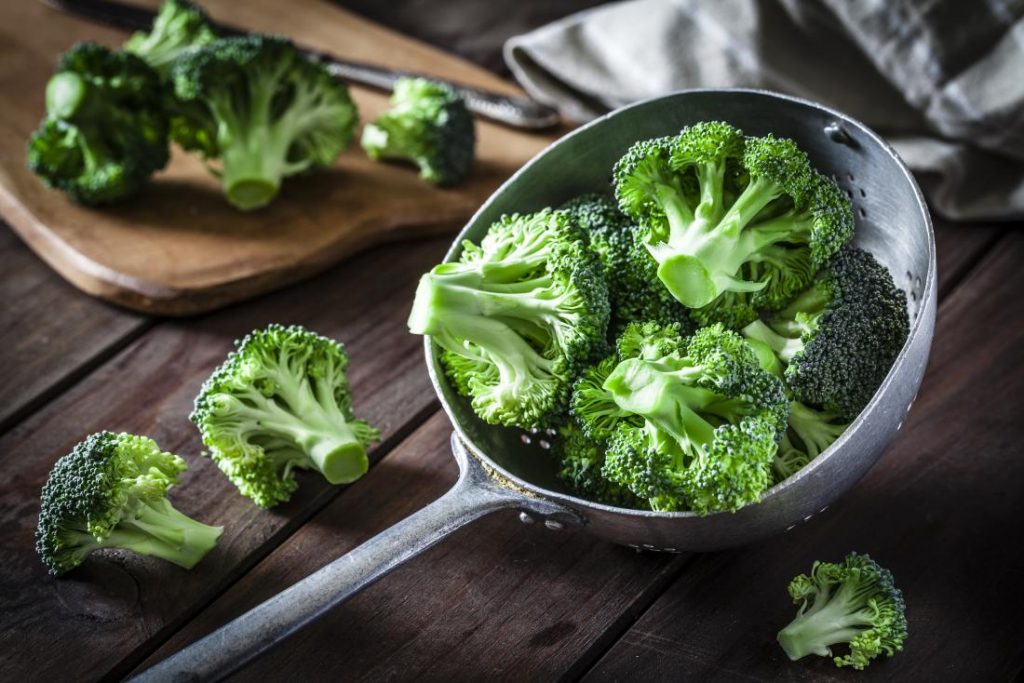We all want a healthier brain! After all, this important organ has its hands in just about every single vital function of your body.
Brain health, like other areas of health, is partly linked to your diet. There are 13 essential vitamins, and among them are B vitamins such as folate. Famous for its role in developing your nervous system when you’re a baby, folate is also important for your adult brain. Unfortunately, a lot of us don’t get the folate we need, but you can add more into your diet today simply by increasing or adding the following foods.
Cruciferous veggies
The cruciferous vegetables, especially Brussels sprouts and broccoli, are very rich in folate. They also have sulforaphane, a sulfur-rich compound that your beneficial gut bacteria uses to help the body remove various toxins. On top of this, these veggies are also rich in carotenoids, the powerful antioxidants that help support brain function and vision.
Avocado
Somewhat overlooked and sometimes made fun of, the avocado actually packs quite the vitamin punch and also is full of folate. Avocados also have a lot of healthy fats, which aid in maintaining healthy blood pressure and sustaining the flow of blood to the brain.
Spinach
Spinach is a vegetable that is dense in nutrients and contains folate, vitamins A and K, potassium and magnesium. It’s also high in fiber and may even help relieve mood troubles thanks to its high folate count. As reported by the Harvard Medical School, people with depression who had their folate levels increased experienced an improved mood (https://www.health.harvard.edu/newsletter_article/Folate_for_depression).
Asparagus
A tasty vegetable with a rich texture when cooked, asparagus also is a great source of folate and fiber. It also contains chromium, phosphorus, iron and vitamins A, E and K.
Leafy greens
Leafy greens have long been known for having health benefits. They provide many vitamins, minerals and antioxidants that help protect your brain and your body from toxins. As with the other foods above, these veggies also contain good levels of folate.
Keep in mind that some processed food are fortified with synthetic forms of folic acid, but this may not be the best source of your folate intake. Work the five foods above into your daily diet to help preserve your brain and increase the amounts of other essential vitamins and minerals you take in.




